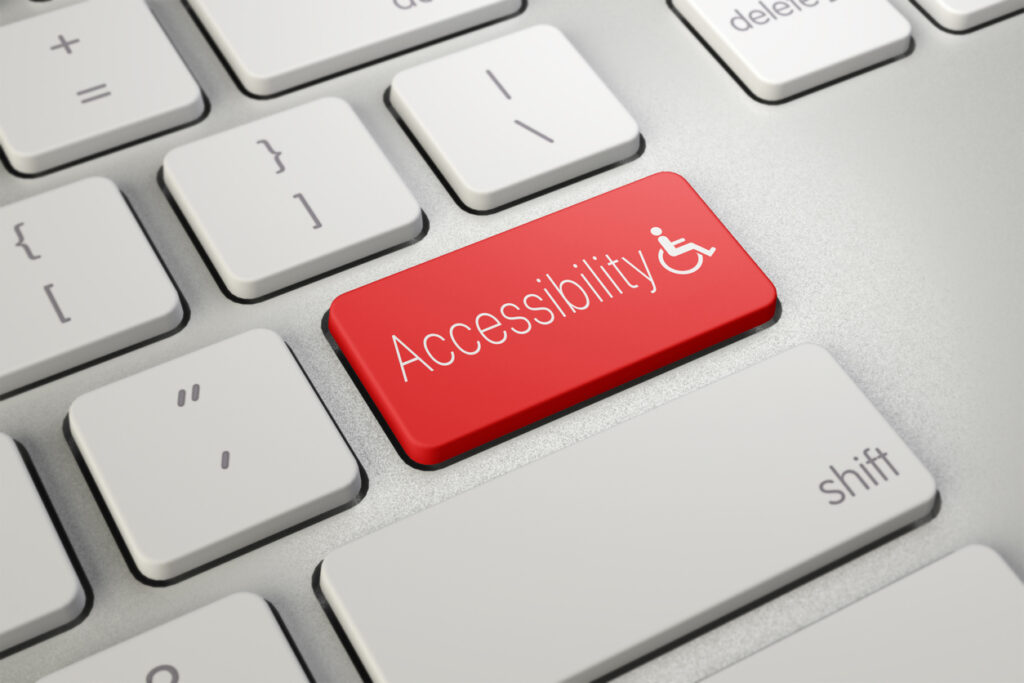In the dynamic world of web design and development, the speed at which a website loads has emerged as a critical factor influencing both its search engine visibility and user experience. In this blog post, we delve into the intricate relationship between page speed, SEO, and user satisfaction, unraveling why optimizing for speed is paramount in today’s digital landscape.
The Need for Swift Loading:
In an era where attention spans are shrinking, users expect websites to load swiftly. A slow-loading website not only frustrates visitors but also poses significant challenges for businesses aiming to succeed in the competitive online space.
Impact on SEO:
Google’s Need for Speed:
Search engines, led by Google, have made page speed a crucial ranking factor. Google’s algorithms prioritize fast-loading websites to deliver a better user experience. Websites that load quickly are more likely to rank higher in search engine results pages (SERPs).
Core Web Vitals:
Google’s Core Web Vitals, introduced in 2021, emphasize key metrics such as Largest Contentful Paint (LCP), First Input Delay (FID), and Cumulative Layout Shift (CLS). These metrics measure loading performance, interactivity, and visual stability, respectively. Websites that excel in these areas are rewarded with improved search rankings.
Mobile-First Indexing:
With the shift to mobile-first indexing, the speed of a website on mobile devices has become even more critical. Google prioritizes mobile-friendly and fast-loading websites, recognizing the growing prevalence of mobile users.
User Experience Matters:
Bounce Rates and Conversions:
The impact of page speed extends beyond SEO; it directly influences user behavior. Studies consistently show that users are more likely to abandon a website if it takes too long to load. High bounce rates can negatively affect conversions and engagement.
User Retention:
Users today expect instant gratification. A slow website can deter visitors from exploring further or returning in the future. A fast-loading website contributes to positive user experiences, increasing the likelihood of user retention and satisfaction.
Mobile Users’ Expectations:
Mobile users, in particular, have elevated expectations for speed. Slow-loading websites on mobile devices not only frustrate users but also jeopardizes the overall perception of a brand. A smooth mobile experience enhances brand credibility and user trust.
Optimizing for Page Speed:
Image Optimization:
Large and unoptimized images are common culprits for slow-loading websites. Compressing images and leveraging modern image formats can significantly reduce loading times without compromising quality.
Browser Caching:
Utilizing browser caching allows returning visitors to load a webpage more quickly by storing previously loaded resources locally. This reduces the need to fetch the same resources repeatedly.
Minimizing HTTP Requests:
Every element on a webpage, be it an image, stylesheet, or script, requires an HTTP request. Minimizing the number of requests by combining files and reducing unnecessary elements can expedite loading times.
Conclusion:
In the digital age, where competition is fierce and user expectations are high, the need for speed cannot be overstated. A fast-loading website not only aligns with search engine algorithms but also ensures a positive user experience, contributing to higher rankings, increased user engagement, and improved business outcomes.
Professional web designers and developers prioritize optimizing page speed as an integral part of their strategy. By embracing techniques such as image optimization, browser caching, and minimizing HTTP requests, businesses can create websites that not only rank well on search engines but also captivate and retain their audience in the fast-paced online environment.





